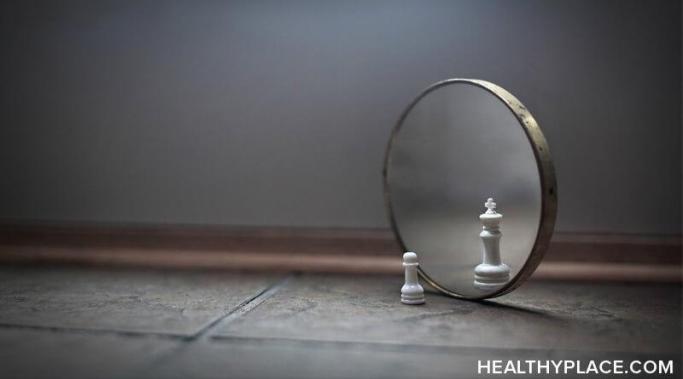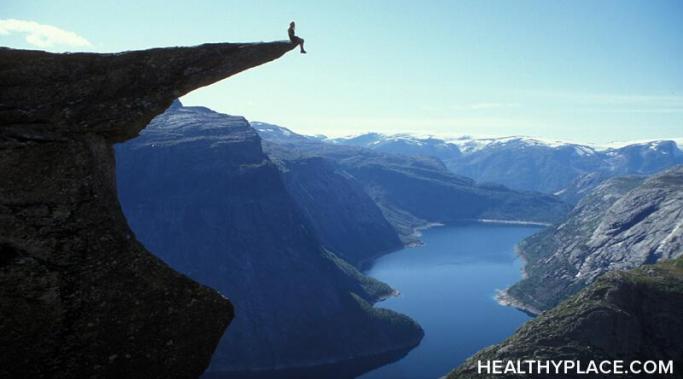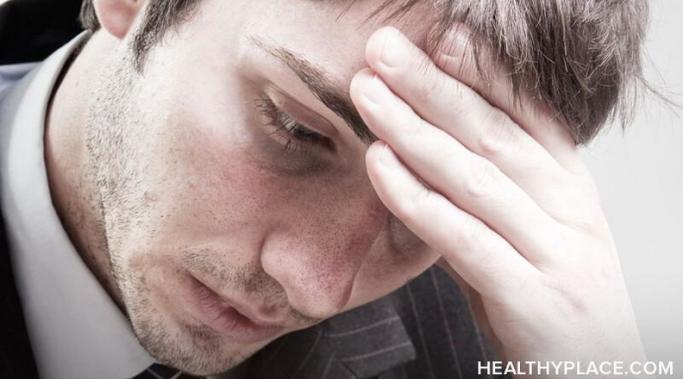Finding self-love after a traumatic suicide attempt seems like a daunting task. After all, of the many thoughts circling the brain after an event of intended suicide, very few of if any are positive. It's more common to feel fear, shame, and misery. And eventually the question will arise–can I ever learn to love myself after the trauma of a suicide attempt? (Note: This post contains a trigger warning.)
Self Esteem Men - Building Self Esteem
How's your body image? Are you attractive? Do you like the way you look? Do other people think you're beautiful? It's hard to talk about body image without sinking deep into our most vulnerable places. As standards of beauty become progressively less realistic (hello Instagram filters, goodbye pores), being able to have an honest conversation with ourselves about our looks becomes increasingly difficult. Yet we each live within our own, unique bodies every day–being able to look at them in a realistic (and non-damaging) way is a valuable tool towards understanding who we are, developing a healthy body image, and ultimately towards building self-esteem.
Do we have to conquer fear? I've gone through some changes in my life recently that have me thinking about fear. In particular, how we react to feeling afraid. Why are some fears considered perfectly acceptable, while others fill us with shame and demand action? Being afraid of an aggressive animal, an impending surgery, or a loved one experiencing harm are all considered rational and acceptable. Yet we tend to hide our fears of social interaction, object/behaviors that feel uncomfortable, or people who affect us. So, what makes certain fears unpalatable? What makes us decide a fear is unfounded or embarrassing? Why are some fears allowed, while other fears must be conquered?
Many men carry around this idea of what it means to be a man, and if they believe that who they are--or their experiences--don’t fit into this model, then they might feel emasculated as a result. Although it can be difficult to shake off the power of masculine norms (let alone realize the effect they have on you), it is possible for men to overcome this gender-unique experience that can cause low self-esteem. But men don’t have to let cultural expectations of what it means to be a man impact their self-worth in this way.
I’m Sam Woolfe, and I’m really excited to start writing on building self-esteem for HealthyPlace. For a long time, I have struggled with low self-esteem, low self-worth, harsh self-criticism and even self-hatred. Thoughts and feelings related to low self-esteem have, no doubt, held me back in many ways, but they never seemed like some big issue I had to address. That was, until, certain life events, stressful situations, magnified and intensified these thoughts in a depression.
Therapist and HealthyPlace Blogger Emily Roberts gives 5 effective tips to increase body confidence.
Insecurity comes from the media, our culture, and our inner feelings. Learn how insecurity and the media's provocative images are related and how self-esteem can be built.
Walking into the self-help aisle of your local Barnes & Noble or logging onto Amazon can be a bit daunting. There are thousands of books on building self-esteem and self-confidence to choose from and with the hefty price tags, you don’t want to walk out with a book that just doesn’t do it for you.
Part of my job is reading self-help, psychology, and all the books in-between. I find the ones that resonate with me and have helped those I work with build themselves up, then pass them on to clients or friends. These are some of my current favorites for creative and effective building of self-confidence and self-esteem in adults and children.







